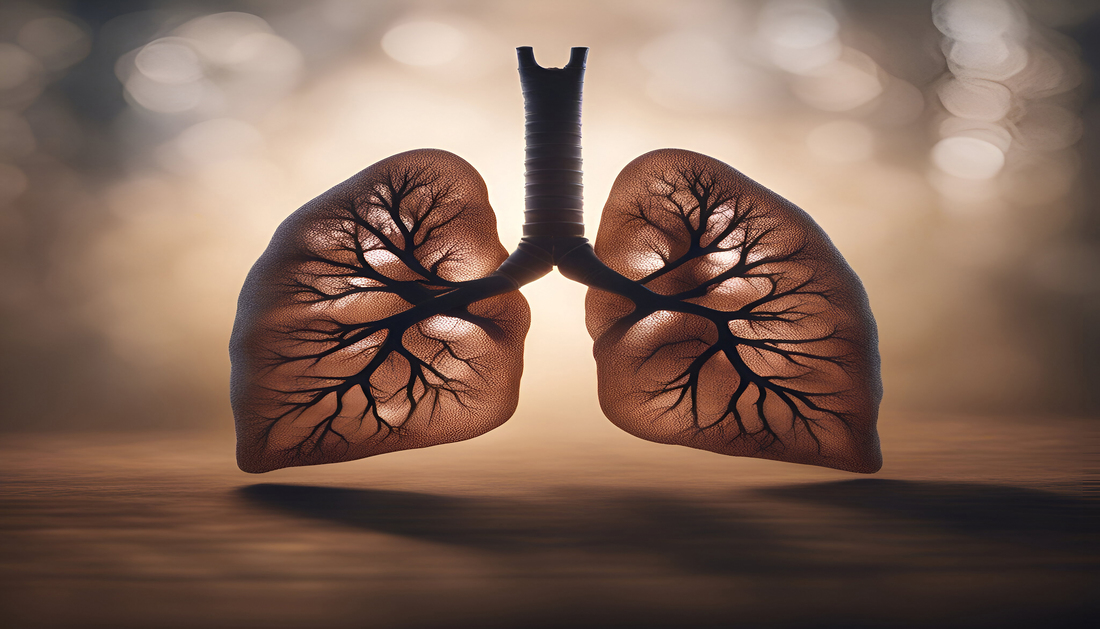

Researchers at the University Of Virginia School Of Medicine have discovered a potential method to enhance the survival rates of individuals undergoing lung transplant surgery.
For numerous individuals grappling with advanced or end-stage respiratory conditions, lung transplantation stands as the sole treatment recourse. Although survival rates after lung transplants have shown improvement in recent years, they still significantly trail behind the survival rates observed in recipients of other organ transplants.
This has sparked enthusiasm among doctors and researchers to explore methods for enhancing the procedure and mitigating or minimizing post-transplant complications.
Under the guidance of Swapnil K. Sonkusare from the Department of Molecular Physiology and Biological Physics at UVA, a group of researchers has pinpointed cellular alterations within the transplanted lung. These changes play a role in causing “ischemia-reperfusion injury,” a significant factor in organ rejection and post-transplant mortality. The injury occurs when blood supply is restored to tissue after a period without oxygen.
Sonkusare and his research team discovered that by addressing the fundamental biological processes, there is potential for doctors to avert ischemia-reperfusion injuries.
These results have been documented in the journal Science Signaling.
“Our collaborative studies with Dr. Victor Laubach from [UVA’s Department of] Surgery show a new mechanism for lung ischemia-reperfusion injury,” said Sonkusare, of UVA’s Robert M. Berne Cardiovascular Research Center. “This mechanism could be targeted to improve the clinical success of lung transplantation.”
Better Lung Transplants
The primary culprit behind “primary graft dysfunction,” the leading cause of death within 30 days after lung transplant, is the ischemia-reperfusion injury. Additionally, this injury can result in chronic allograft dysfunction, which is the primary cause of death a year or more after the transplant. According to the National Institutes of Health, half of lung transplant recipients experience chronic allograft dysfunction within five years of the transplant.
Patients undergoing organ transplants are bound to experience some extent of ischemia-reperfusion injury. The disconnection from the original blood supply and reconnection to a new one cause trauma to the tissues. In the case of lung transplants, this trauma can lead to detrimental outcomes such as inflammation, permeable blood vessels, impairment of the small sacs responsible for oxygen exchange, and other associated issues.
Although the occurrence of ischemia-reperfusion injury is widely recognized, researchers have faced challenges in comprehending its root causes. Sonkusare’s recent study offers insights by pinpointing a specific pathway of biological processes activated by ischemia-reperfusion. These processes took place in the endothelial cells lining the blood vessels in the lung, ultimately leading to immune cell activation and subsequent lung injury, as stated by UVA researchers.
The researchers observed that inhibiting crucial stages in this pathway in laboratory mice effectively halted inflammation and prevented lung damage. This indicates a potentially promising strategy for averting similar issues in human transplant recipients, although extensive research is required before implementation.
“Our collaborative research with Dr. Laubach has revealed the cellular mechanisms for lung ischemia-reperfusion injury,” Sonkusare said. “We are currently testing the effectiveness of drug molecules that block these mechanisms in various models of lung injury after transplantation, with the ultimate goal of improving the success rate of lung transplantation.”
More information: Purinergic P2Y2 receptor–induced activation of endothelial TRPV4 channels mediates lung ischemia-reperfusion injury, Science Signaling (2023).
DOI: 10.1126/scisignal.adg1553
Source: University of Virginia
more recommended stories
 Pediatric Crohn’s Disease Microbial Signature Identified
Pediatric Crohn’s Disease Microbial Signature IdentifiedKey Points at a Glance NYU.
 Nanovaccine Design Boosts Immune Attack on HPV Tumors
Nanovaccine Design Boosts Immune Attack on HPV TumorsKey Highlights Reconfiguring peptide orientation significantly.
 High-Fat Diets Cause Damage to Metabolic Health
High-Fat Diets Cause Damage to Metabolic HealthKey Points Takeaways High-fat and ketogenic.
 Acute Ischemic Stroke: New Evidence for Neuroprotection
Acute Ischemic Stroke: New Evidence for NeuroprotectionKey Highlights A Phase III clinical.
 Statins Rarely Cause Side Effects, Large Trials Show
Statins Rarely Cause Side Effects, Large Trials ShowKey Points at a Glance Large.
 Can Too Many Antioxidants Harm Future Offspring?
Can Too Many Antioxidants Harm Future Offspring?Key Takeaways High-dose antioxidant supplementation in.
 Anxiety Reduction and Emotional Support on Social Media
Anxiety Reduction and Emotional Support on Social MediaKey Summary Anxiety commonly begins in.
 Liquid Biopsy Measures Epigenetic Instability in Cancer
Liquid Biopsy Measures Epigenetic Instability in CancerKey Takeaways Johns Hopkins researchers developed.
 Human Antibody Drug Response Prediction Gets an Upgrade
Human Antibody Drug Response Prediction Gets an UpgradeKey Takeaways A new humanized antibody.
 Pancreatic Cancer Research: Triple-Drug Therapy Success
Pancreatic Cancer Research: Triple-Drug Therapy SuccessKey Summary Spanish researchers report complete.

Leave a Comment